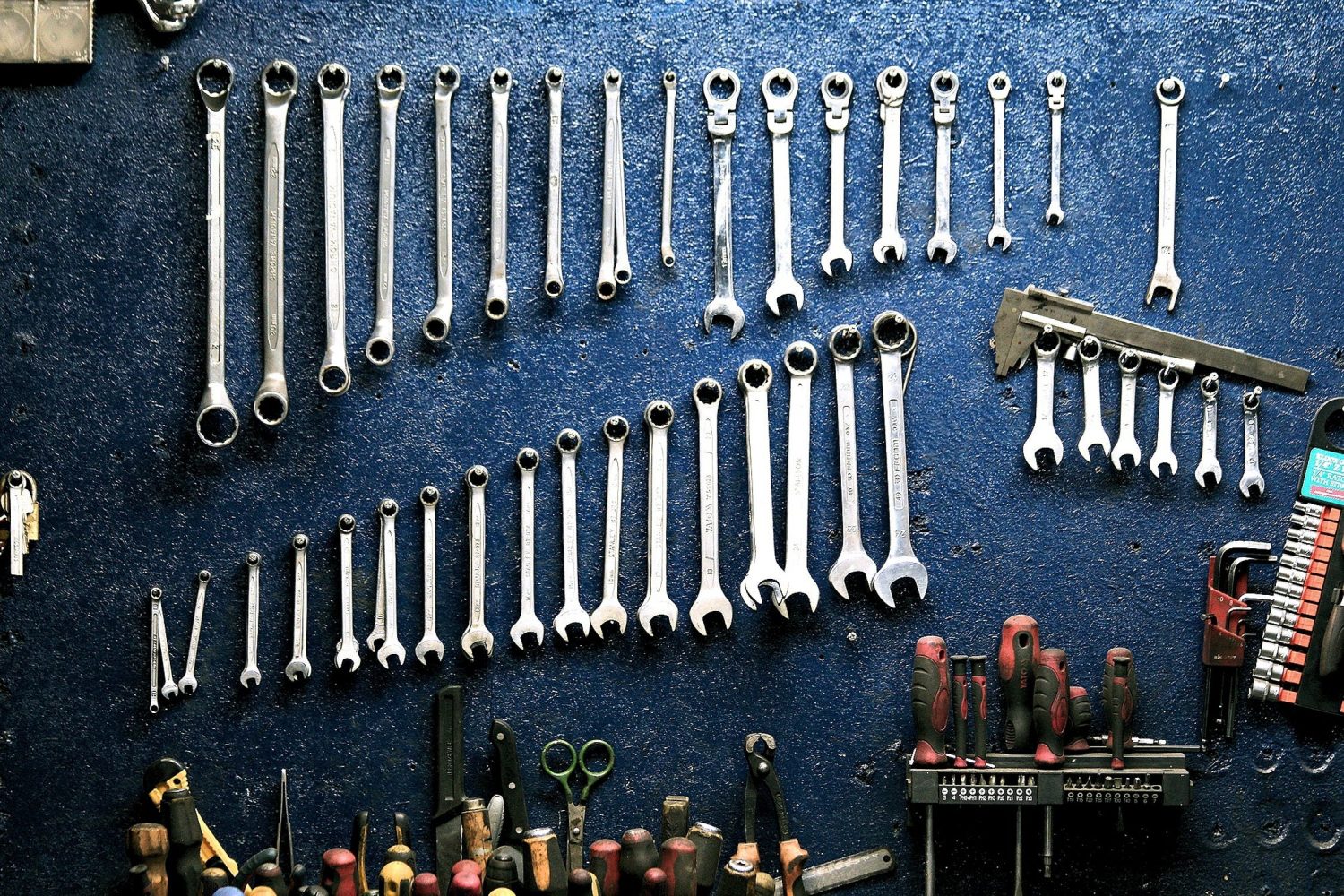The idea of “getting more hands-on” with your belongings may sound like an instruction to start smashing your stuff up, or else going back to using only analog tools and appliances that need a lot of hand cracking and elbow grease.
Before you rush out to buy a manual coffee grinder and a stack of old school notebooks to manage your taxes in, however, let’s clarify.
There are some real benefits to getting more hands-on with your belongings, in terms of getting more involved with things like DIY, buying belongings that demonstrate a high degree of craftsmanship, as opposed to just coming off a production line, and being more involved in tinkering and collecting things with a bit of personality, in general.
This can end up meaning everything from working on your own car and learning more about Mercedes Benz transmissions, to buying less flatpack furniture.
Here are a few of the reasons why you should consider getting more hands-on with your belongings.
It can help you to stop taking things for granted
One of the great problems that virtually everyone ends up facing these days, is that it’s really easy to just end up taking things for granted.
In earlier times, people would have to work hard and diligently to ensure that they maintained their personal belongings to a good standard of quality, and this would often involve a lot more repair, tinkering, and fine-tuning.
What’s more, people just owned less stuff, and more or less everything was handcrafted.
Today, we live in what has been called a “throwaway culture,” where we’re all used to buying huge numbers of often cheaply-made things whenever the mood strikes us, and then throwing those belongings out as soon as they start to show some wear and tear.
Entering into a more “hands-on” relationship to your stuff can make you more mindful of what belongings you’re accumulating and how you are treating them, and can ultimately end up helping you to be more grateful for what you have, and to take things for granted less.
It can help to make your life significantly more pleasant
The Japanese cleaning guru Marie Kondo has become very popular in the last few years, And has landed herself a Netflix show, as well as having her book sales spike significantly.
She is known as a cleaning and tidying up guru, who instructs people on the best way to declutter their homes, and to get back to really appreciating the things they do have.
So, what is the overall secret behind her method that so many people are finding deeply engaging and rewarding?
Well, she essentially believes that everyone should go through all of their belongings, category by category, hold each item in the hands, and throw out everything that doesn’t cause them to feel a “spark of joy.”
Whether or not you actually want to go with the Marie Kondo method and get rid of everything that doesn’t “spark joy,” it’s definitely the case that being more mindful and hands-on with your belongings can lead to a living space that better embodies the kind of energy you like and value.
This, in turn, can make your life significantly more pleasant.
It can be a great way of “working on yourself”
The book “Shop Class as Soulcraft” by Matthew B Crawford follows in the footsteps of earlier works such as “Zen and the Art of Motorcycle Maintenance” to make a compelling argument that the way we relate to features of our external environment, and the degree to which we try our best and engage in things like DIY, can have a tremendous impact on our overall sense of well-being and our personal development.
Any time you are engaged in a DIY project – whether that’s crafting table, or repairing a motorcycle – you have to take a step outside of your own mind, and move more consciously into the present moment. There, you have to pay a lot of attention to detail, get a real feel for what it is you’re working on, and try your best in order to ensure the highest quality end result.
In many ways, this whole process can end up mirroring something like traditional spiritual contemplation practices – and can really help you to become your best self.


